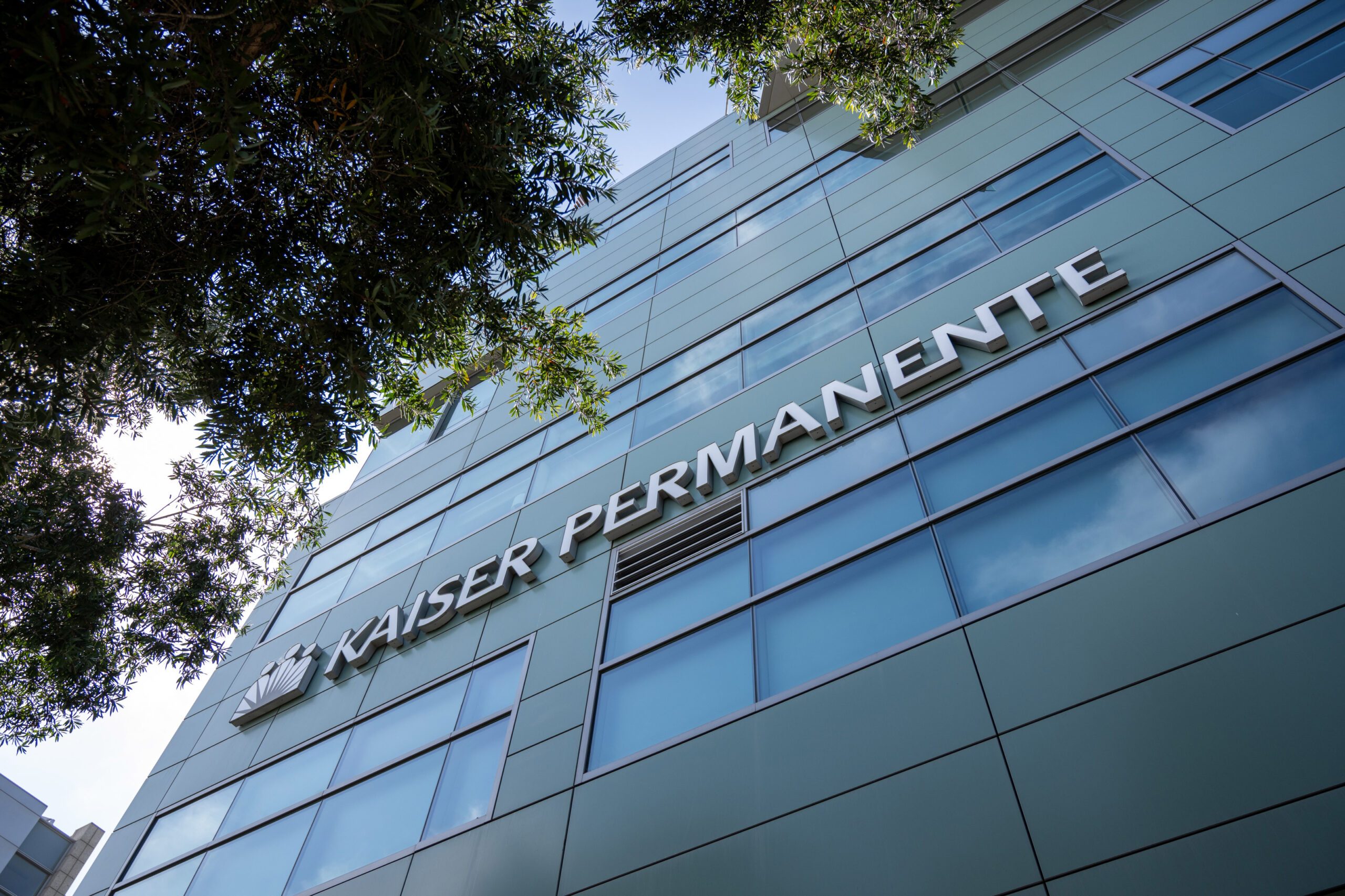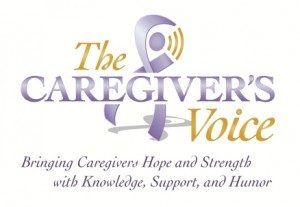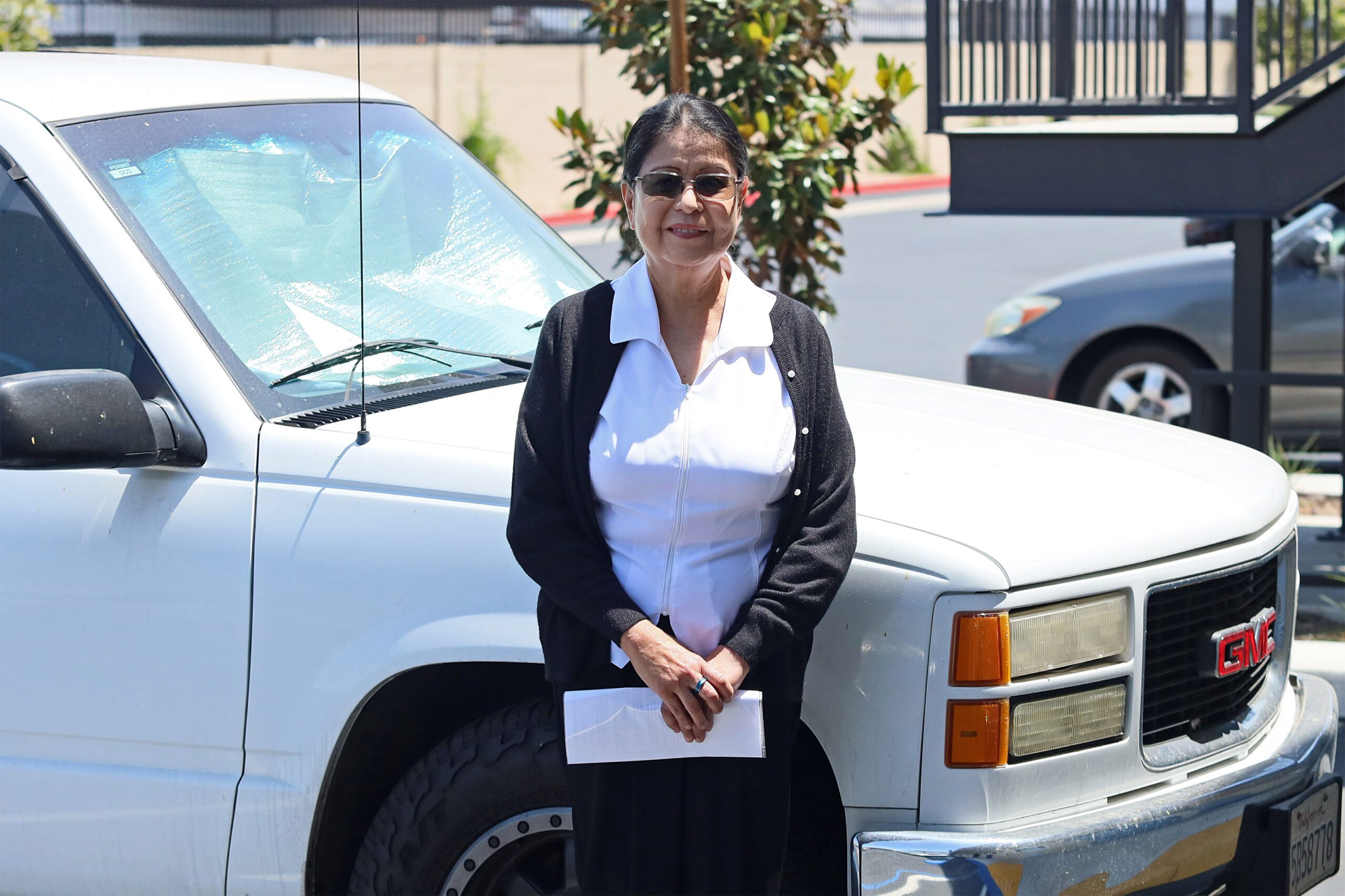CANNABIS CULTURE – “The elephant in the room is that there’s something really sick in our world,” says Dr. Michael Verbora, Medical Director of Field Trip Health in Toronto.
Verbora is a pioneer in ketamine-assisted therapy. He says Western medicine could use a dose of new-age healing techniques.
“Ketamine and psychedelics in general are really changing the conversation from a biomedical model—where you take a pill and you’re supposed to feel X percent better compared to the placebo—to what we call a biopsychosocial–spiritual model,” says Verbora.
Verbora says this model looks more at the relationship between a patient’s biochemistry, social relationship, psychological narrative they tell themselves, and their spirituality. “We don’t do a good job of delivering that in Western medicine, but what ketamine and other psychedelics do, is they bring these to the surface, and they allow the patient to identify with all of these different components that make them who they are.”
Ketamine in particular works well compared to other classic psychedelics because there is less drug interactions. People can still take an antidepressant and use ketamine safely. Other drugs like psilocybin or MDMA (known in the rave scene as ‘ecstasy’), don’t allow this because the drug interaction may be toxic.
It is also a short experience, going for 45 minutes to an hour whereas other psychedelics can last hours. “It’s a very good introductory psychedelic molecule for people who are just looking to start to peel back the layers of the onion of their complexity.”

Inside Field Trip’s Toronto Facility
At Field Trip health, practitioners know that the patient’s mindset and setting are important for healing to occur, and so they couple psychedelic healing with psychotherapy to achieve this. Their health centers are a carefully designed environment that offer safety and comfort. Their approach has been shown to help those suffering from treatment resistant illnesses such mental health conditions including depression, generalized anxiety disorder, and trauma.
Ketamine has been used safely as an anesthesia for decades and is administered at low doses sources from licensed medical suppliers and a team of trained medical health professionals, like Verbora, who will monitor the patient’s vital signs before the session for safety.
It acts as an antidepressant and under medical supervision will relax the mind and allows the patient to disengage from routine mind patterns by interacting with the brain’s neurotransmitters.
Overall, many people say it feels gentle and warm. “Other psychedelics can be very dark, and you have to face what we call the shadow of oneself, which is also very therapeutic and healing,” says Verbora. “But having something like ketamine, which tends to resonate with one’s higher consciousness, it’s a little bit easier for beginners in the psychedelic space.”
Verbora is a family doctor by training and the first doctor in his family. He comes from blue collar autoworkers in Windsor, Ontario. From a young age he was encouraged to pursue medicine as a career and excelled in science and math.
“I didn’t live in a bubble. I grew up around a wide range of people and socioeconomic status. That really gave me different perspectives on the struggles that the average person has,” says Verbora. “Having that breadth of experience gives you an understanding of the complexity of the human condition.”
When he graduated from medical school he felt that the way Western medicine was pursuing health with pharmaceutical medicine wasn’t helping a lot of his patients, especially those patients with pain and mental health issues.
He started looking at other options and at the same time cannabis was becoming medically available in Canada, but a lot of doctors weren’t educated on it. “So I took it upon myself to learn about cannabis, and what I discovered is that it was a lot safer than a lot of other pharmaceuticals patients were taking. It was just really stigmatized.”
Despite the stigma, Verbora pursued cannabis medicine helping thousands of patients in the process. “Along that path, once you start to see the benefits of a natural, safer medicine, you start to wonder what else is out there that might be more beneficial to patients.”
Verbora was amazed how much confirmation bias there was among clinicians, doctors, and scientists. This is why he thinks it takes so long for stigmatized medicine to come to the surface, because of all the emotional resistance from experts that are supposed to be objective.
“Even when the evidence shows cannabis is far safer than opioid and benzodiazepine, I still live in a world where the medical recommendations are to give opiates first. And I think that’s nothing but insane.”
“When you hear and listen to stories of patients, you understand their experiences. It’s a single anecdotal observation, but that’s what kind of opens your mind to the possibility that there’s a larger truth here.” However, Verbora says there is a fine line in medicine and that it’s important to be open minded but also to follow the clinical evidence.
“I think we’re at a crossroad where medicine really needs to evolve. We’re doing such a poor job of understanding the complexity of humans and the types of therapy that they need to make them feel whole and complete,” says Verbora. “And for psychedelics, I think we’re just getting started.”
Original Article










